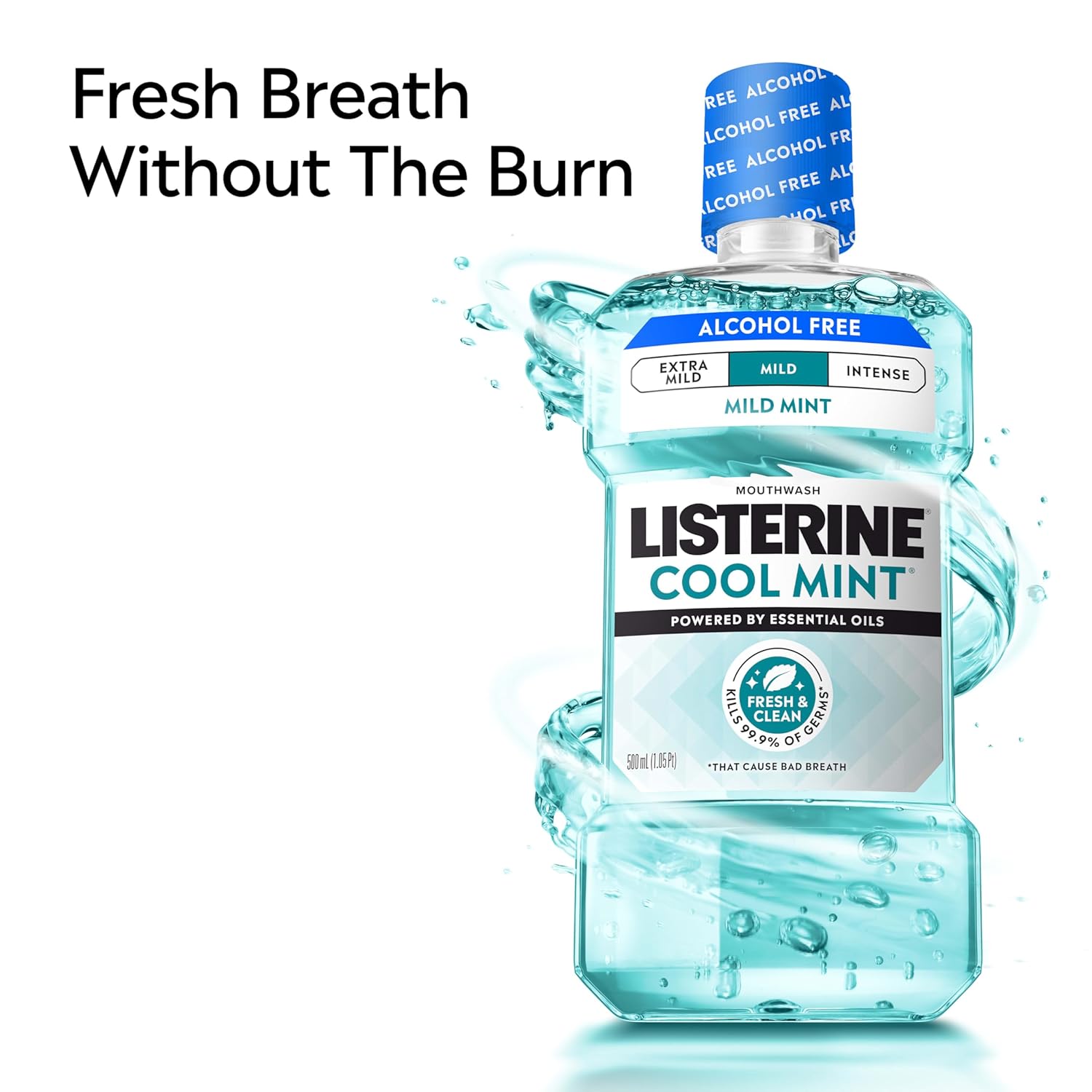Toothaches can be incredibly disruptive—sharp, throbbing, and often unbearable. When over-the-counter (OTC) pain relievers fail to soothe the discomfort, many people wonder: Can you take tramadol for tooth pain? Is this opioid medication a safe and effective solution?
In this guide, we’ll explore the use of tramadol for tooth pain, how it works, when it’s prescribed, its risks and benefits, and safer alternatives. We’ll also address related questions like:
Can I take tramadol for tooth pain? and Can you use tramadol for a dental infection? All information is backed by credible sources including Mayo Clinic, PubMed, and the American Dental Association (ADA), ensuring medical accuracy without overcomplicating the topic.
🦷 Quick Note: This article is for informational purposes only. Never start or stop any prescription medication without professional advice.
- What Is Tramadol?
- Can You Take Tramadol for Tooth Pain?
- How Tramadol Works for Tooth Pain
- Tramadol vs. Other Painkillers: A Closer Look
- How Effective Is Tramadol for Tooth Pain?
- Dosage Guidelines: How Much Tramadol for Tooth Pain?
- Possible Side Effects and Risks
- Safer Alternatives for Managing Tooth Pain
- Special Considerations: Who Should Avoid Tramadol?
- Real-Life Scenario: When Tramadol Helped
- When to See a Dentist Instead of Taking Painkillers
- FAQs
- Final Thoughts
What Is Tramadol?
Tramadol is a prescription opioid analgesic commonly used to treat moderate to moderately severe pain. It works on the central nervous system by binding to opioid receptors and inhibiting the reuptake of norepinephrine and serotonin—two neurotransmitters that play a role in pain signaling.
Key Facts About Tramadol:
- Brand names: Ultram, ConZip, Durella
- Class: Schedule IV controlled substance (less risk than Schedule II opioids)
- Available forms: Tablets, capsules, and oral drops
- Primary uses: Chronic pain, post-operative pain, nerve-related pain
Unlike stronger opioids such as morphine or oxycodone, tramadol is often considered a “milder” option with a lower risk of dependency—though it still carries potential for misuse.
Can You Take Tramadol for Tooth Pain?
Yes, tramadol can be used for tooth pain, but only when recommended and prescribed by a licensed healthcare provider. It’s not typically the first option but may be used when:
- OTC painkillers like ibuprofen or acetaminophen are ineffective
- The patient cannot tolerate NSAIDs due to ulcers or kidney issues
- Pain is severe, such as after oral surgery or an abscess
- The patient has multiple medical issues requiring careful pain management
When Dentists Might Prescribe Tramadol:
- Tooth extractions or wisdom tooth removal
- Severe pain from dental abscesses
- Post-root canal pain or failed procedures
- Infected impacted teeth
- For patients with chronic dental-related nerve pain
⚠️ Important: Tramadol only masks the pain—it doesn’t treat the cause. It should be used alongside dental treatment, not instead of it.
How Tramadol Works for Tooth Pain
Tramadol alters the brain’s perception of pain by acting on μ-opioid receptors, while also inhibiting norepinephrine and serotonin reuptake. This dual action provides both analgesic and mood-modulating effects, which is helpful for managing pain that’s severe enough to cause anxiety or sleep issues.
Why Tramadol May Help:
- Reduces sensitivity to pain signals in the brain
- Provides systemic pain relief (not localized)
- May help patients rest and sleep through dental pain
- Especially useful in nerve-related or radiating pain
However, unlike NSAIDs like ibuprofen, tramadol does not reduce inflammation, which is a key factor in most dental pain scenarios.
Tramadol vs. Other Painkillers: A Closer Look
Here’s a breakdown comparing tramadol with common dental pain medications:
| Medication | Type | Best For | Anti-inflammatory | Dependency Risk |
|---|---|---|---|---|
| Tramadol | Opioid | Severe, chronic pain | ❌ No | Moderate |
| Ibuprofen | NSAID | Swelling, inflammation, mild-moderate pain | ✅ Yes | Low |
| Acetaminophen | Analgesic | Fever, mild-moderate pain | ❌ No | Low |
| Hydrocodone | Strong opioid | Severe surgical pain | ❌ No | High |
✅ Pro Tip: For most dental issues, a combination of ibuprofen and acetaminophen provides better relief than opioids with fewer risks—according to ADA and multiple clinical trials.
How Effective Is Tramadol for Tooth Pain?
A clinical study published in PubMed (PMID: 11724223) found that tramadol is effective for dental surgery pain, but often less so than ibuprofen when inflammation is the primary cause.
Another study (PMID: 10422401) compared tramadol to diclofenac (a strong NSAID) and found tramadol to be slower in action but comparable in overall effectiveness for post-operative dental pain.
Strengths:
- Strong systemic pain relief
- Alternative for NSAID-intolerant individuals
- Less likely to cause stomach upset
Weaknesses:
- Doesn’t address inflammation
- Slower onset compared to NSAIDs
- More side effects and warnings
Dosage Guidelines: How Much Tramadol for Tooth Pain?
Standard adult dosage for acute pain:
- 50 mg to 100 mg every 4–6 hours as needed
- Max daily dose: 400 mg (immediate-release)
- For seniors (65+): Lower doses may be recommended
Important Considerations:
- Do not crush or chew extended-release versions
- Avoid using more than 5–7 days unless instructed
- Never mix with alcohol or other CNS depressants
Possible Side Effects and Risks
Even though tramadol is considered a “milder opioid,” it comes with notable side effects—especially when taken improperly.
Common Side Effects:
- Nausea or vomiting
- Dizziness, drowsiness
- Constipation
- Dry mouth
- Headaches
Serious Risks:
- Seizures (especially with high doses or interactions)
- Addiction or dependence
- Respiratory depression, especially with alcohol or benzos
- Serotonin syndrome, when combined with antidepressants
⚠️ Keep in Mind: People with liver, kidney, or seizure disorders should avoid tramadol unless closely monitored.
Safer Alternatives for Managing Tooth Pain
If you’re considering tramadol due to lack of relief, try these evidence-based alternatives first:
Medications:
- Ibuprofen (400–600 mg every 6 hrs) – Best for inflammation
- Acetaminophen (500–1000 mg every 6 hrs) – Safer for stomach
- Combination therapy – Ibuprofen + Acetaminophen has shown superior pain control in dental patients
Home Remedies:
- Saltwater rinse – Helps with inflammation and infection
- Clove oil – Natural numbing agent (use with caution)
- Cold compress – Reduces swelling and soothes pain
- Hydrogen peroxide rinse (diluted) – For minor infection relief
Dental Interventions:
- Emergency root canal or tooth extraction if pain persists
- Incision and drainage for abscesses
Special Considerations: Who Should Avoid Tramadol?
Certain groups face higher risks when using tramadol:
- Children under 12 – Not FDA-approved due to respiratory risks
- Elderly (65+) – More sensitive to side effects
- Pregnant or breastfeeding women – May affect baby
- Patients on SSRIs/SNRIs – Risk of serotonin syndrome
- History of addiction or alcoholism
Always inform your doctor of your full medication list before using tramadol.
Real-Life Scenario: When Tramadol Helped
John, a 47-year-old construction worker, had a severely impacted wisdom tooth. OTC medications weren’t helping, and he couldn’t sleep or eat. His dentist prescribed tramadol 50 mg every 6 hours for 3 days, along with antibiotics. It allowed John enough comfort to undergo extraction after the infection subsided.
💡 Lesson: Used responsibly and short-term, tramadol can bridge the gap between unbearable pain and urgent dental care.
When to See a Dentist Instead of Taking Painkillers
If you’re relying on any medication—including tramadol—for more than a couple of days, it’s time to see your dentist. Painkillers can hide symptoms, but the underlying dental issue will worsen.
Warning Signs That Need Immediate Attention:
- Swelling of jaw or face
- Fever or chills
- Pus or bad taste in mouth
- Pain that worsens despite medication
- Difficulty swallowing or breathing
FAQs
Can tramadol be used for a tooth infection?
Yes, tramadol may help manage the pain associated with a tooth infection, but it does not treat the infection. Antibiotics and dental treatment are required.
Is tramadol stronger than ibuprofen for dental pain?
Tramadol may offer stronger general pain relief, but ibuprofen is better for inflammation, which is a common cause of toothaches.
Can I take tramadol with ibuprofen or acetaminophen?
Yes, many doctors prescribe tramadol in combination with either acetaminophen or ibuprofen. However, always follow dosing guidelines to avoid overdose.
How fast does tramadol work for tooth pain?
It usually begins to relieve pain in 30 to 60 minutes, reaching peak levels around 2 hours. Extended-release forms act slower.
Can I take tramadol before dental surgery?
Only if prescribed. Some oral surgeons may recommend it post-surgery, but usually not pre-surgery unless the pain is unbearable.
Final Thoughts
So, can you take tramadol for tooth pain? Absolutely—but with careful supervision. It’s not a first-line treatment, but in moderate to severe cases, tramadol can provide meaningful relief when safer options fail.
Remember, tramadol is a bridge—not a solution. It can buy you time until dental care becomes available, but it must be used responsibly. Always prioritize seeing a dentist and tackling the root cause of your pain.
If you’re ever unsure, consult your doctor or dental provider. Your long-term health and safety are far more important than short-term comfort.
Disclaimer: The content provided in this article is for educational and informational purposes only. It does not substitute professional medical advice, diagnosis, or treatment. For guidance specific to your dental condition or recovery, please consult your dentist, oral surgeon, or licensed healthcare provider.



















0 Comments